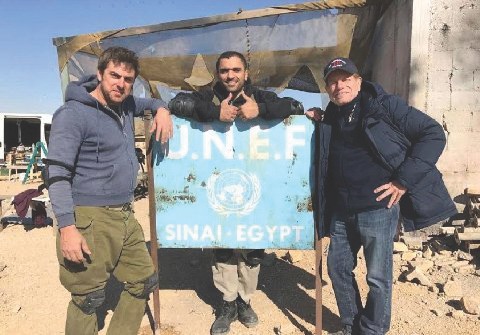 From left: Israeli actor Yiftach Klein and Egyptian actor Sammy Sheik with “Azimuth” writer and director Mike Burstyn. Photo courtesy of Mike Burstyn
From left: Israeli actor Yiftach Klein and Egyptian actor Sammy Sheik with “Azimuth” writer and director Mike Burstyn. Photo courtesy of Mike Burstyn “Azimuth” is an impressive addition to a subgenre of war films in which two enemy soldiers start out by trying to kill each other and end up laying down their arms after recognizing each other’s humanity.
The film, in Hebrew, Arabic and English, is also an unlikely first feature for Mike Burstyn, who made his debut at 3 on the New York stage with his parents, celebrated Yiddish actors Pesach Burstein and Lillian Lux.
Over the years, Burstyn, 72, has displayed his dancing and multilingual singing and acting talents, hopping between the United States, Israel and other countries, on stage, screen, television and in concert halls and nightclubs.
Given his age and continued success in his accustomed media, few might have envisioned Burstyn as writer-director-producer of a serious and humane antiwar film on a conflict as complex and emotional as the battles between Israel and Egypt.
The film opens in the last hours of the Six-Day War in 1967, with hellish scenes of machine gun, tank and aerial fire, and closes in on a wounded Egyptian soldier, painfully crawling in the Sinai desert.
Out of sight but not far away, four Israeli soldiers try unsuccessfully to extract their truck stuck in the sand, until the sergeant in charge decides to take off in the accompanying jeep to look for help. Before his communications go dead, he hears a bulletin that the war is over.
And so the scene is set for Sergeant Moti (Israeli actor Yiftach Klein) and Private Rashid (Egyptian actor Sammy Sheik) — whose real-life fathers fought each other in the actual Six-Day War — to simultaneously seek shelter in a shell-pocked, two-story blockhouse, abandoned in the desert by United Nations forces.
During the film’s next hour, Moti and Rashid try to kill each other by rifle volleys, hand grenades and hand-to-hand combat. Both antagonists communicate in passable English, and early on Moti tries to convince Rashid that the war is actually over, to which the Egyptian replies, “Yes, and I am Moshe Dayan.”
The standoff is interrupted by flashbacks from their lives. In one, Moti receives his mobilization orders in the midst of celebrating his son’s bris, while in another, Rashid, having just returned from fighting in Yemen, consoles his wife that “this time we will beat the Jews.”
In the end, the two antagonists realize that the only way they will survive, and see their families again, is by helping each other.
Burstyn recalled in an interview that as far back as 1967, after serving in an entertainment troupe during the Six-Day War, he played with the idea of making a film showing the “humane” side of war.
The film opens in the last hours of the Six-Day War in 1967, with hellish scenes of machine gun, tank and aerial fire.
At about the same time, a friend gave him the synopsis of a story outlining a theme similar to what would become “Azimuth.” Burstyn kept the story in a trunk and at the beginning of this year, with the looming 50th anniversary of the 1967 war and Burstyn having passed the biblical age of 70, he took another look at the story and decided to set off on a new career.
The film went into pre-production in January of this year, with the desolate Mitzpe Ramon crater in the Negev desert standing in for the Sinai Peninsula as the filming site.
The cast and crew wrapped up shooting in March and the film was ready to go in June.
Looking back on his work of the past few months, Burstyn said, “It took a lot of chutzpah on my part to write and direct a movie for the first time. But I enjoyed it so much, that’s what I want to do in the future.”
The film has not been shown publicly in Israel, but it was screened in July in India at the Calcutta International Cult Film Festival, where it won the award for best narrative feature.
It will have its American premiere on Dec. 15 at the Laemmle Town Center 5 in Encino and continue for a one-week Academy Award-qualifying run. During that week, Burstyn will join the audience for Q-and-A sessions after the daily 7:45 p.m. screenings.








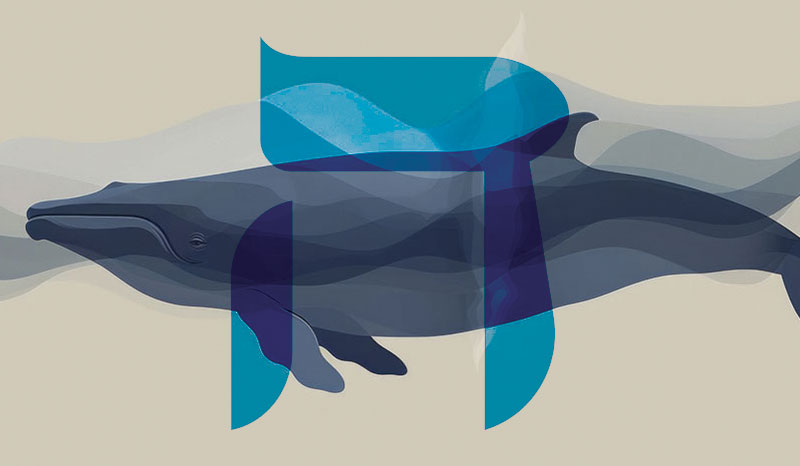
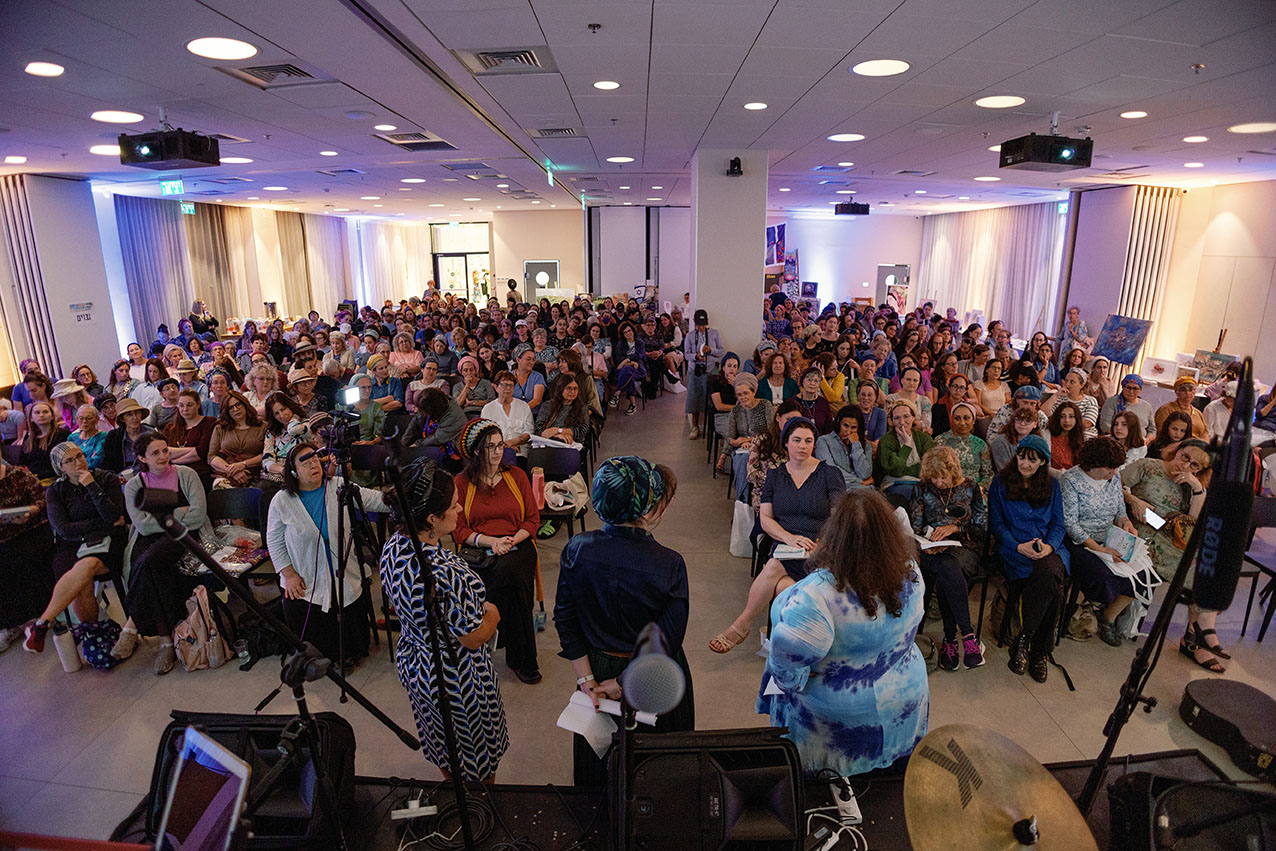

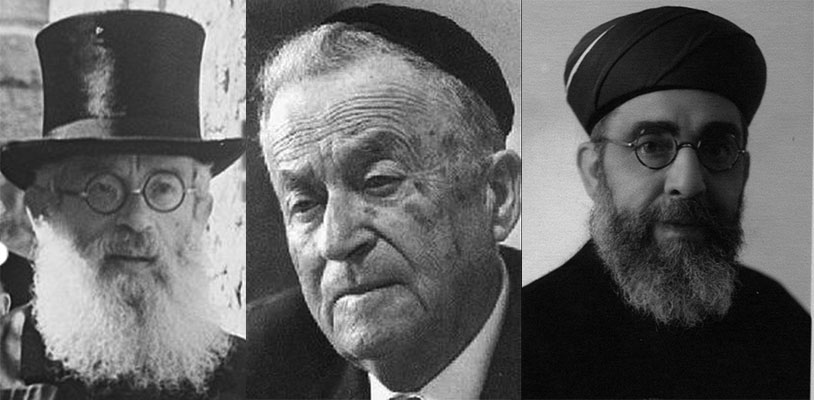
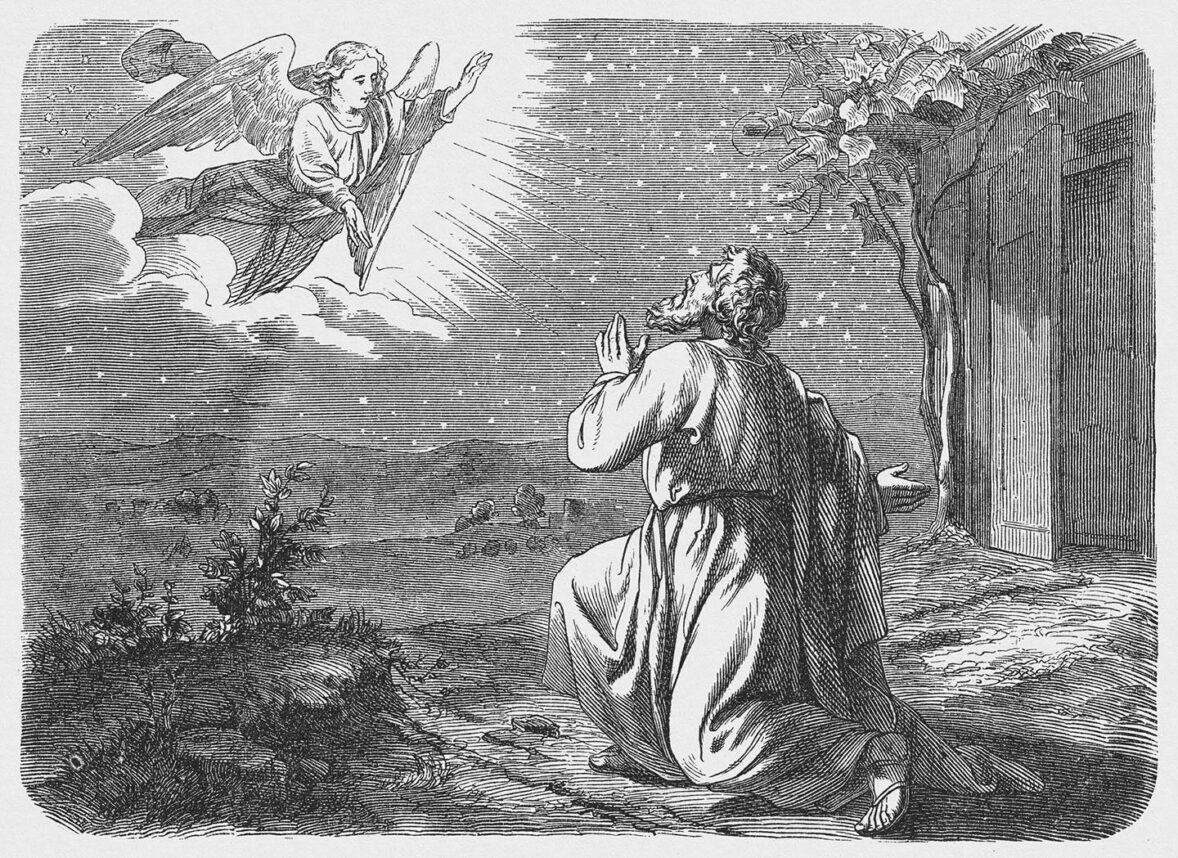
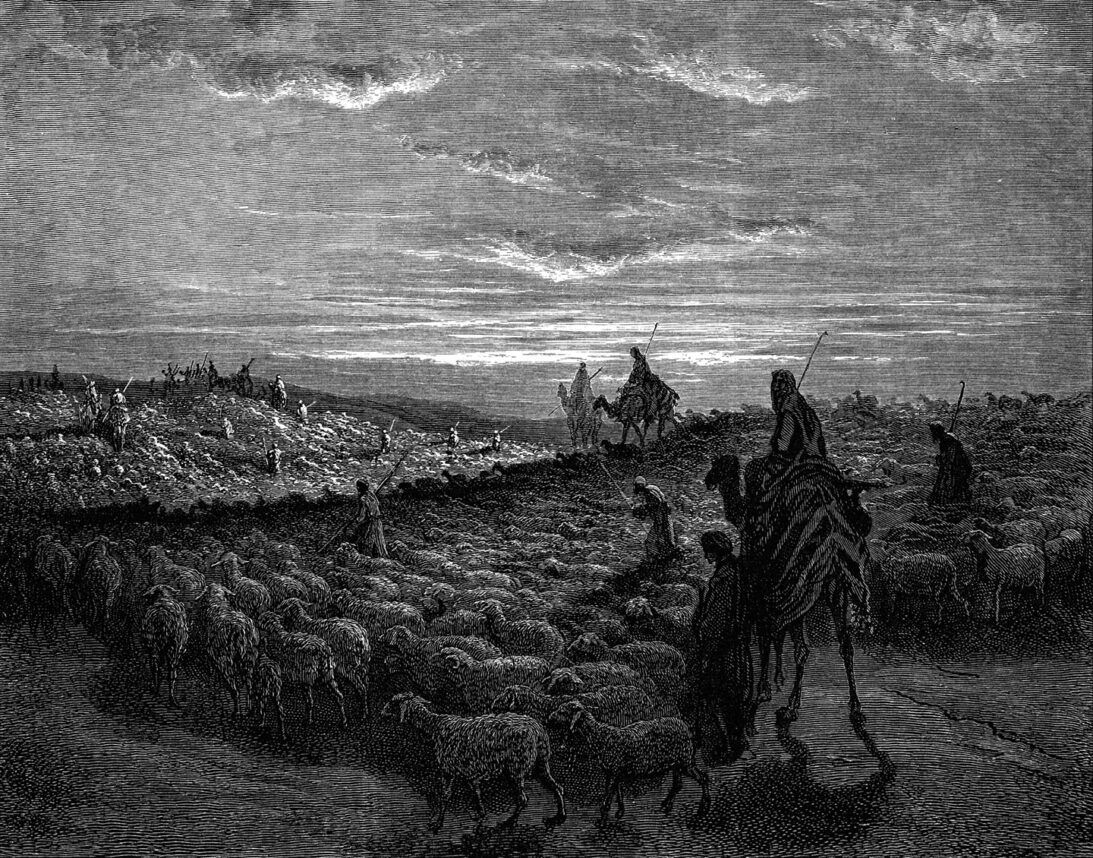
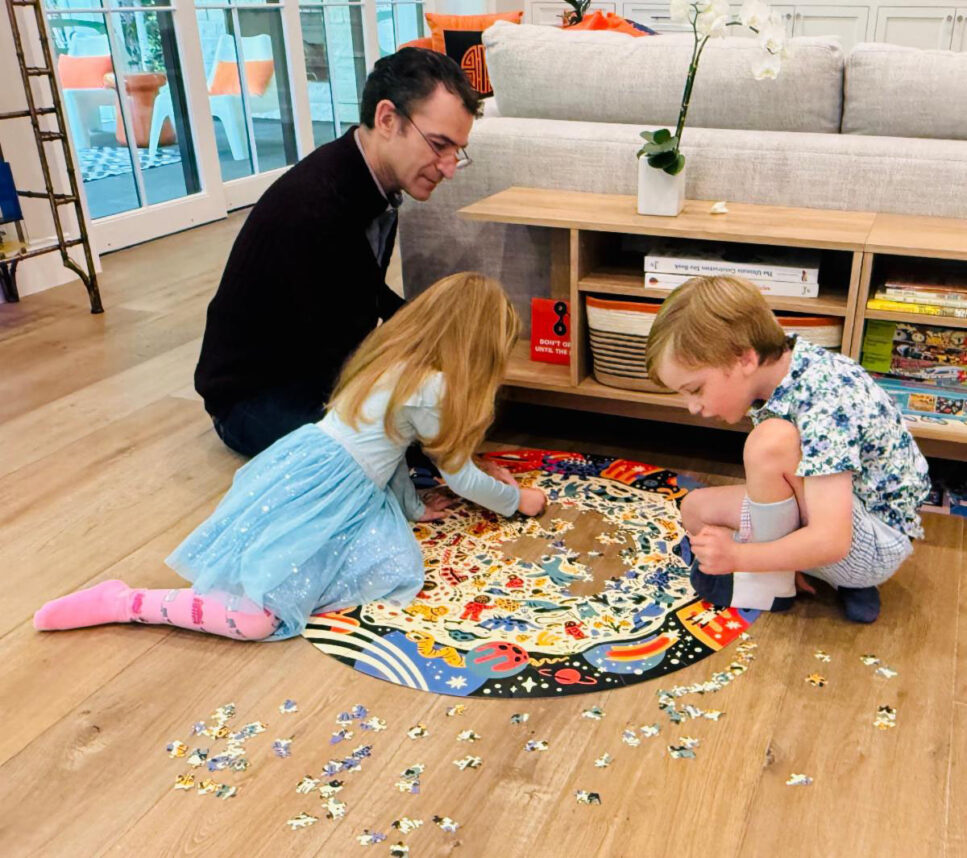

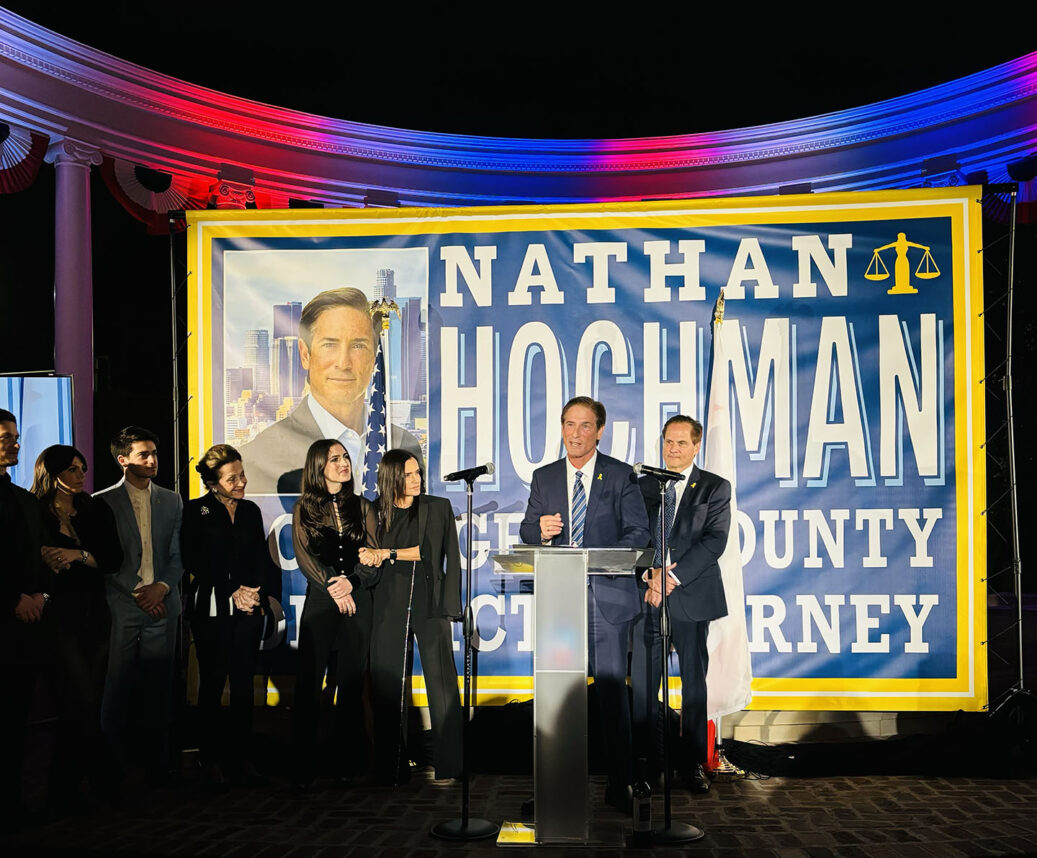




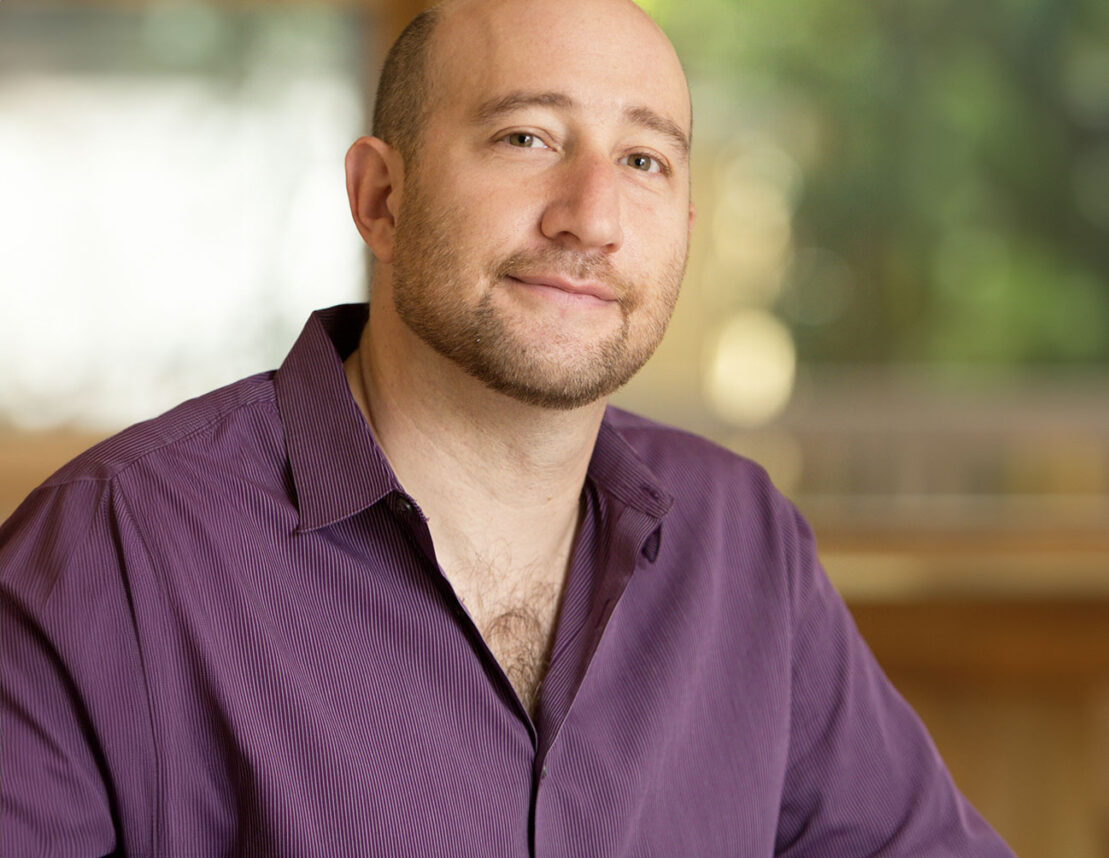
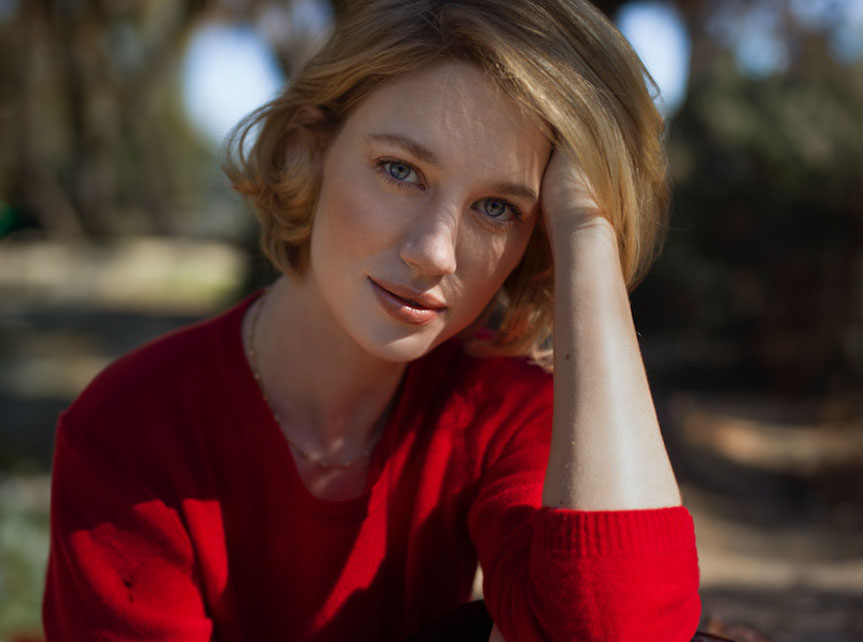
 More news and opinions than at a Shabbat dinner, right in your inbox.
More news and opinions than at a Shabbat dinner, right in your inbox.